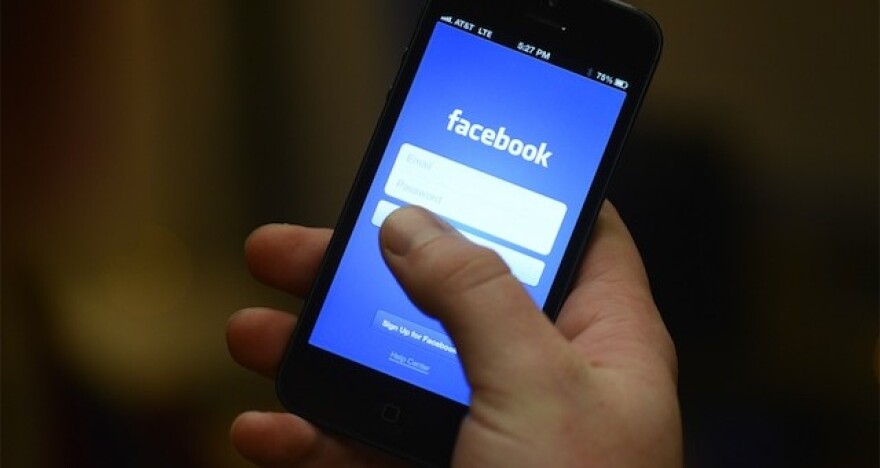There wasthe case where the studentcalled his teacher the b-word on Facebook. The school was threatening to not only suspend the student, but also discipline anybody who "liked" the post with detention. The student wanted to know: What are my rights here?

Or take the case where a school’s basketball team crushed its rival, only to have one of its own students tweet this sensitive gem:
“lol ni**ers think they r sooo good at basketball but should prob go back to picking cotton after that loss!!!”
Other students were upset, and asked if the school could do anything to punish the kid who wrote the tweet.
Then there was the case involving the cross-country runner whose teammate wore a hijab – until a coach told her she had to take it off if she wanted to compete.
There was the boy who got sent to the principal’s office for wearing a dress to school.
Or the case where teachers complained about a student saying “May God bless the United States and may God bless you all” during the morning announcements.
Nancy Costello has seen them all. As director of the First Amendment Law Clinic at Michigan State University, which bills itself as “the nation’s only clinical school program focused on protecting student speech and press rights,” Costello says she and her team have spent years working on cases with high school students across the state.
But lately, it’s been getting even more complicated, she says.
“Students can participate in free expression now more than they have ever been able to in human history, because of social media,” Costello says. “And consequently, their free speech rights are really at stake more.”
Over the last eight years, Costello says she and her law students have responded to these cases by creating some 200 legal memos, ranging from copyright law (what if a student wants to use a Beyonce song in their class presentation?) to student journalism to libel suits. Yet the student questions kept coming.
“I thought, this is just a microcosm of the rest of the country,” Costello says. “So we decided to launch this national website.”
It’s called the McLellan Online Free Speech Library. Named for attorney Richard McLellan, an MSU College of Law trustee and MSU alumnus who donated $500,000 for its creation, Costello says it’s a place where students can ask about their own situations, and see straightforward legal answers to some of the most frequent questions.
“Because students, they don’t really know their rights. They don’t realize, many of them, that they have First Amendment rights,” she says. “School administrators, often, are not interested in promoting student speech rights because it can be messy, right?”
Ideally, Costello says, the online library will help a kid figure out, say, whether their school can punish them for kneeling at a football game during the national anthem. (They’ve gotten this question from Michigan high schools, she says. Short answer: If it’s a public school, the student does have the right to kneel, so long as their actions aren’t “disruptive” of the game.)
As for the student who called their teacher that word on Facebook? Well, it was a complicated case, Costello says. If the school has a policy about not posting on social media during school hours, then they can definitely discipline you for violating that, she says. But the act of criticizing a public school teacher is protected speech, according to Costello.
“That teacher is paid by taxpayer dollars. That teacher is in fact part of the government,” she says. “And the most highly protected speech in the United States is political speech, which is criticizing the government. They have a right to do that.”
Still, the courts do give schools a lot of latitude here, Costello often warns students. After the law clinic got involved in this case, she says, the school backed off. The student wasn’t suspended, but they did get a stern reprimand from the school.
Copyright 2019 Michigan Radio



